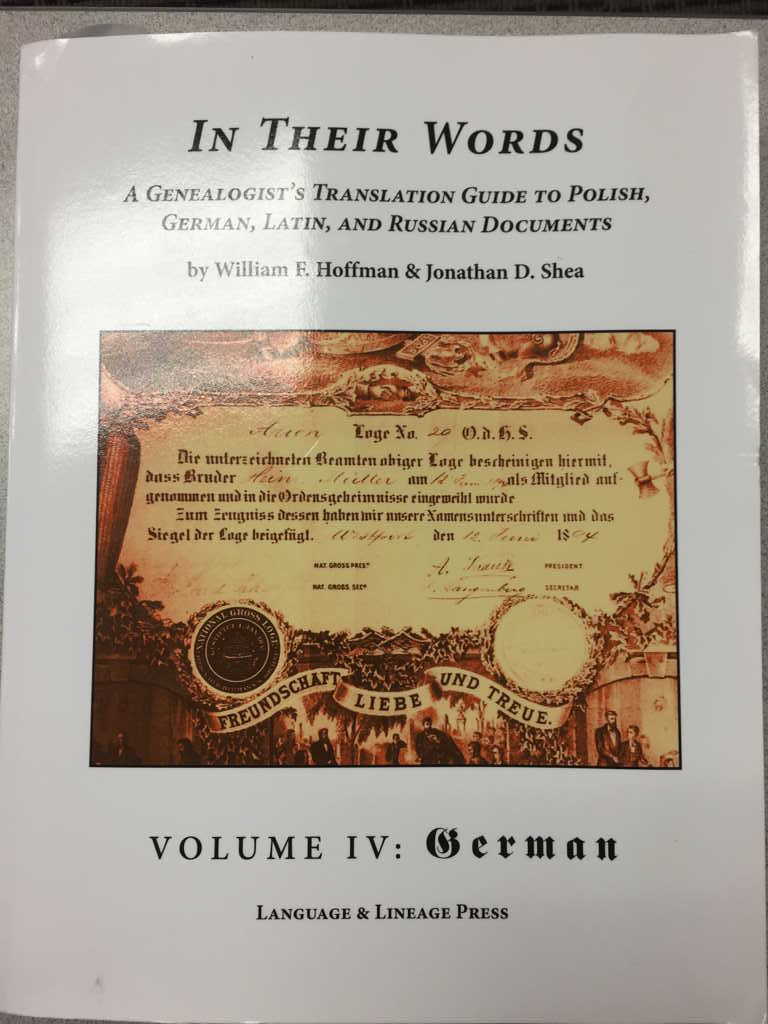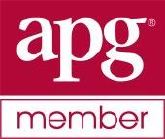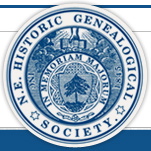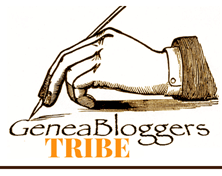Beginning Your Research
Write down what you know about your family right now. Start by writing down the information with yourself and your family. Record the names, dates & places of birth, & baptisms of your immediate family members. If you do not know the exact dates and places, you can estimate them.
2: Review What Is Missing
Highlight any missing or incomplete information in your notes. Decide what information you want to find first. Gather your records. Search for copies of birth, baptismal, marriage or death certificates that you might have in your possession & gather them into one place. Organize them, and see what family history information you already have. These records will assist you in tracing your family's history back further in time. As an example - if you would have the death certificates for one of your parents, it may tell you the maiden name of his or her mother too. Don't worry if you don't have copies of these records, perhaps a relative has a copy and if they do not have it, you can order them. And, don't forget to record memories that your descendants can enjoy.
3: Ask the Family
Talk to your family. Talk to relatives or family friends. Record any useful information or stories they can provide you with. You may be surprised at what information can be learned from stories that are only in the memories of these people. Ask about copies of birth, marriage, and death certificates, journals, letters, photos, and other records that might be useful in your research.
You may be surprised to learn that one of your relatives may already have completed some research on your family’s history. Having this data could save you a lot of money and time, especially if they have already acquired the original documents to substantiate the information.
You should exhaust your own family's "knowledge base" of relatives. In ten years the recorded documents will still be available, but Aunt Joyce may not be.
You may find useful information by asking older relatives about what things they can remember. It is very useful to make a list of questions before you begin in order to help you focus on what information you are trying to find out. At the same time, you may also wish to record oral histories with a cassette recorder or video camera.
Search for old family pictures, letters, or even a family bible that has been past down through the generations which can give you many clues into your families past. Ask relatives if you can search around in the basement and attic, as you never know what you may find.
4: Locating Official Documents
There are some records available on the Internet but in the end you will need to visit a record office, family history center, or library where you can search records on microfilm and microfiche. The dates of civil registration of births, marriages and deaths that were recorded by the government vary greatly depending on location. For early records, you will have to look at church parish records. Newspapers are also a good place to look for older information.
Remember to always check different spellings of the surnames of your ancestors. It is likely that you will find variations in the spelling of surnames in older records. In addition, because some of your ancestors were illiterate, many of them were unable to tell the record keepers how to spell their names.
5: The Internet
Because you are at this web site you are already using the Internet to assist you in your search of your family history. The World Wide Web is a huge place and it can be hard to know where to start. You could search for your ancestors amongst the thousands of genealogy web pages on the Internet. It can be very helpful to visit family history web sites on the Internet. However, experienced genealogists have expressed doubts about the accuracy of family trees constructed using Internet sources alone. This may be a place to get ideas, but do not except everything as fact until you have a copy of the actual record in.
For example, the FamilySearch Web site at www.familysearch.org provides access to millions of names, dates, and other worthwhile information. FamilySearch can also connect you to other useful family history Web sites and resources. These Web sites often provide additional valuable family history information. Another recommendation is to visit the National Archives Records web site.
Subscribe to a mailing list or two. You can correspond with researchers all over the world. Remember, you are not alone. There are many people who are interested in researching their family history. And, by searching the Internet you may find someone who is researching the same ancestors. You can also find fellow researchers by joining your local Genealogical or Historical Society. Find out the address and opening times of your local FHC ( Family History Center ) and pay them a visit.
Use the search engines to search for information. Use the Internet to search for courthouse and archive addresses. Many archives have forms that you can print out and mail in to order records. And, you can use the Internet to search online catalogs of libraries and archives. By searching their catalogs before you visit you can save time and reduce the stress of not knowing what to look for when you arrive.
Create your own genealogy web site or have The Genealogy Assistant create one for you. Find out about the places or countries in which your ancestors lived. Search for maps online. Visit our Web Links page for more great links.
6: Keeping Organized
You should formally record the information that you have found. You will need a place to store your documents, pictures and letters. Remember to document your sources. It is also fun and useful to start charting a family tree and using a software program to help you. Although this information can be recorded using notebooks and index cards, computers can really, really help you not only to organize the information but also to print out the information in many different reports and fancy charts.
Remember that the research of your family will not happen overnight. Most genealogists working on their own family histories have been doing it for decades. Patience is required.






